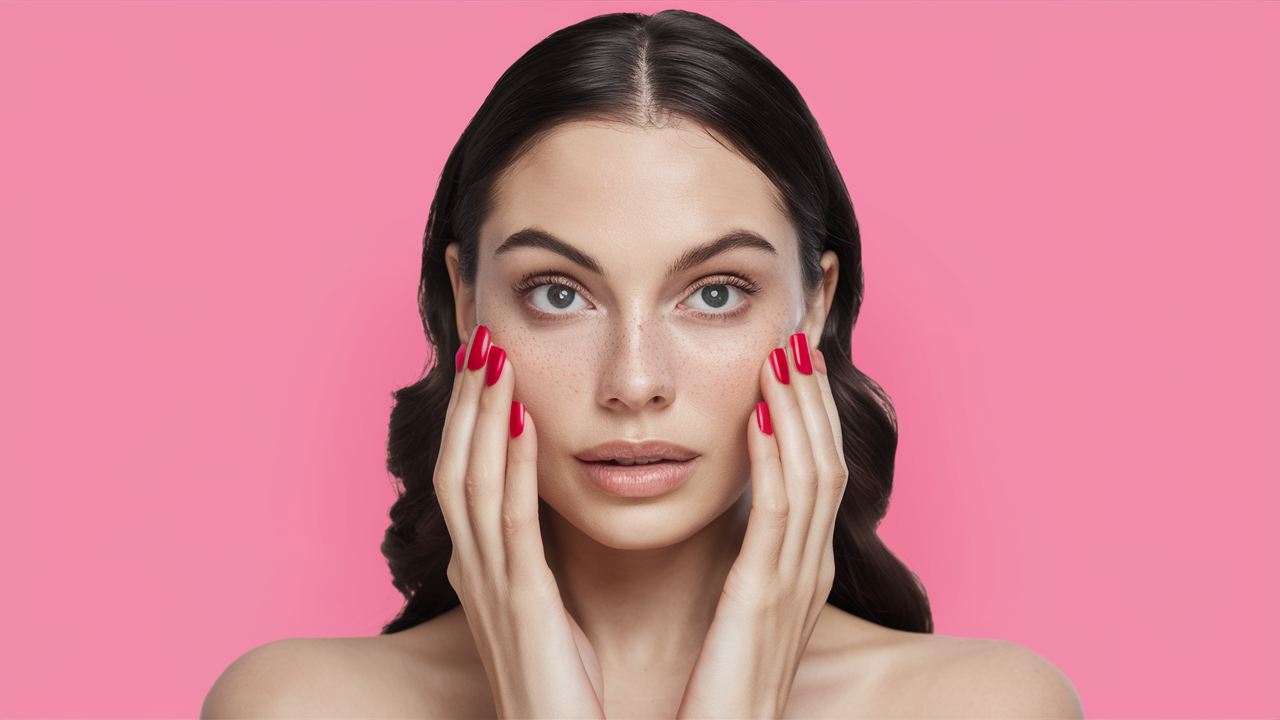The Importance of Exfoliating: Tips for Smooth, Radiant Skin

Using of scrubs is a very important process in care of the skin. It assists in the shedding of the skin cells that are dead and there is growth of new ones. This helps to maintain the outer layer of the skin in good health hence making it smooth and bright. Another way, people can reduce the incident of acne is by exfoliating the skin, which also gets rid of blackheads. In this way, by preventing skin problems, you make it possible to maintain healthy and qualitatively different skin.
Exfoliation of the skin can be done in so many methods as explained below. To do this you can use scrubs, brushes or you can even apply some specific creams. In its turn, the given method has its advantages. In this blog post, various categories of exfoliation will be discussed together with the guidelines on how to do it correctly.
What is Exfoliation?
Exfoliation therefore is the process of scrapping off the layers of exposed dead skin cells. The human body always exfoliates and sometimes dead cell do not just peel off the skin as they should do. This may make your skin pale and may also cause formation of acne on the skin because of blocked pores.
There are two main types of exfoliation:
1. Mechanical Exfoliation:
This entails rubbing the skin with a scrub or a brush in an attempt to clean it. The scrub can have small grains, beads or something like that to remove the dead cells from the skin surface. Several other things such as brushes and sponges can also be employed to massage the skin.
2. Chemical Exfoliation:
This uses special creams or lotions that contain acids. These acids help to dissolve the dead skin cells. Common acids used for this purpose include glycolic acid, salicylic acid, and lactic acid.
Benefits of Exfoliating
Exfoliating offers many benefits for your skin:
Improves Skin Texture: Removing dead skin cells makes your skin feel smoother and softer.
Prevents Acne: By keeping your pores clear, exfoliation can help prevent breakouts.
Boosts Circulation: The act of scrubbing can improve blood flow to your skin, giving it a healthy glow.
Enhances Product Absorption: Exfoliating helps your skin better absorb moisturizers and other skincare products.
How Often Should You Exfoliate?
How often you should exfoliate depends on your skin type:
Oily Skin: If you have oily skin, you can exfoliate up to three times a week. Oily skin tends to have more build-up of dead cells, so more frequent exfoliation can help keep it clear.
Dry Skin: If you have dry skin, exfoliate only once a week. Over-exfoliating can strip your skin of its natural oils, making it even drier.
Sensitive Skin: If your skin is sensitive, be very gentle. Use mild exfoliants and exfoliate no more than once a week.
Types of Exfoliants
Mechanical Exfoliants
Mechanical exfoliants include scrubs, brushes, and sponges. Here are some common types:
Scrubs: These can be made with sugar, salt, or other natural grains. Some scrubs use synthetic beads, but these are less popular due to environmental concerns.
Brushes: Special exfoliating brushes can be used on the face and body. These brushes have soft bristles that help remove dead skin cells.
Sponges: Exfoliating sponges, like loofahs, are gentle and can be used daily.
Chemical Exfoliants
Chemical exfoliants use acids to break down dead skin cells. Here are some popular types:
Alpha Hydroxy Acids (AHAs): These include glycolic acid and lactic acid. AHAs are water-soluble and work well on the surface of the skin. They are good for dry and sun-damaged skin.
Beta Hydroxy Acids (BHAs): The most common BHA is salicylic acid. BHAs are oil-soluble and can penetrate deeper into the pores. They are great for oily and acne-prone skin.
Enzymes: These are natural exfoliants derived from fruits like papaya and pineapple. They are gentle and good for sensitive skin.
Tips for Safe Exfoliation
· Choose the Right Exfoliant:
Pick an exfoliant that suits your skin type. If you have sensitive skin, opt for a mild chemical exfoliant or a gentle scrub.
· Be Gentle:
Don’t scrub too hard. Gentle, circular motions are enough to remove dead cells without damaging your skin.
· Moisturize After Exfoliating:
Always follow up with a good moisturizer to keep your skin hydrated.
· Use Sunscreen:
Exfoliating can make your skin more sensitive to the sun. Apply sunscreen to protect your skin from UV rays.
Final Words
Exfoliating is a simple yet effective way to keep your skin healthy and glowing. By understanding the different types of exfoliants and how to use them, you can find a routine that works for you. Remember to be gentle and choose the right product for your skin type. With regular exfoliation, you can enjoy smooth, radiant skin.




